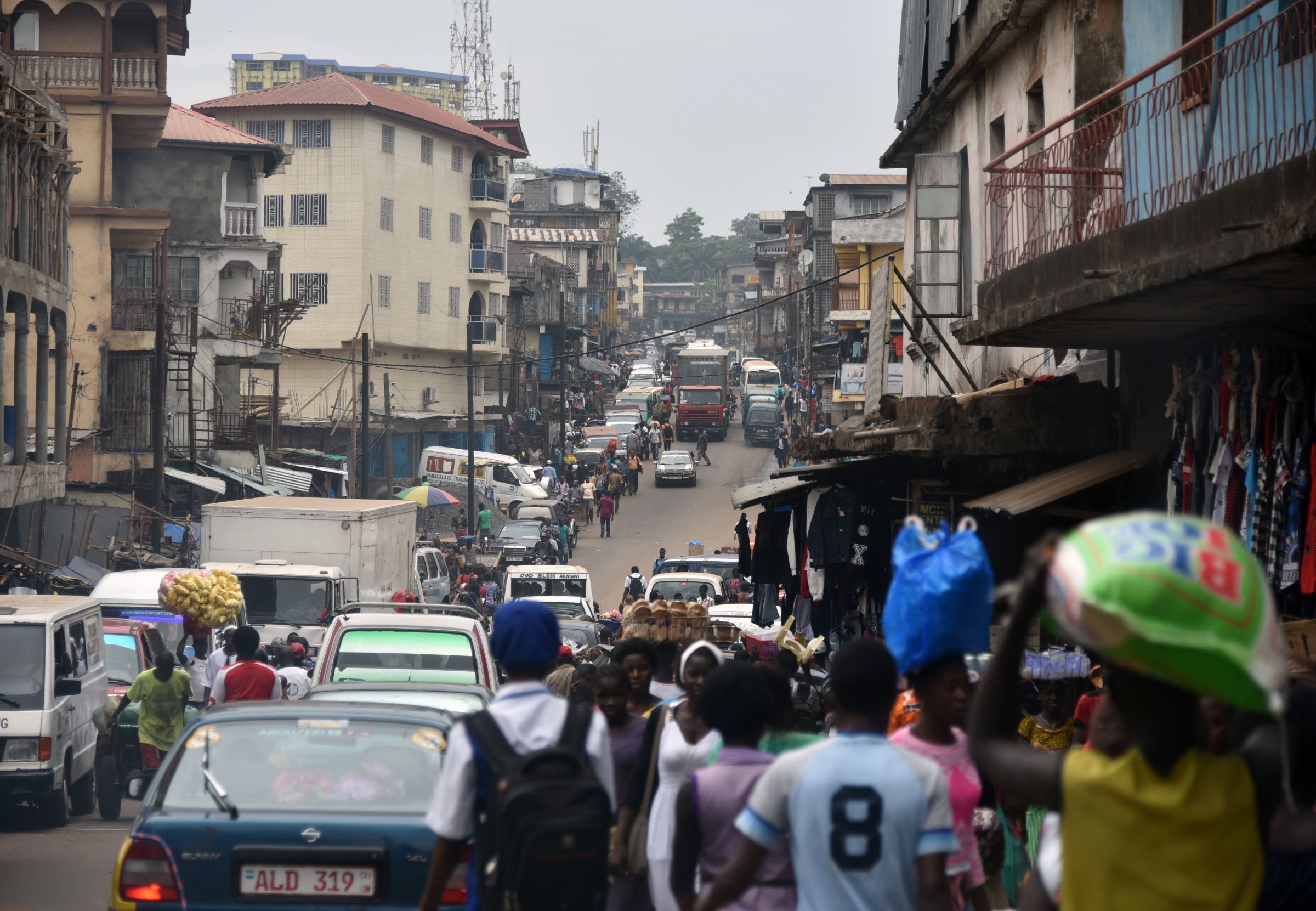
Growing up, I was meant to believe everything I was told. A questioning attitude is considered a grave disobedience in Sierra Leone.
I wanted to be a good child, so when my mother and aunties told me that female circumcision is what’s best for girls and women, I believed them. I even imagined how one day I would have my own daughter and I would have her circumcised.
In my country, raising your voice against circumcision is a grave sin, one that can result in punishment from God. The practice is considered a “Sunnah”, as it is reported to have been practiced during the days of the Prophet Mohammad (Peace Be Upon Him). Challenging female genital cutting is equivalent to challenging the very reason for existence. It is challenging our culture, our traditions.
My mother strongly believes in female circumcision and that held me back from protesting. My mother: a lovely woman who gave me nothing but genuine love. How was I going to challenge her ideas about female genital cutting? How could I challenge what was supposed to be my own belief system?
The pressure to go along with the practice was intense, but I had a growing feeling that I needed to work against it. I turned to a female journalists’ association that I am a part of. They were getting ready to commemorate the International Day of Zero Tolerance to FGM on February 6 with a series of media pieces about the harms of the practice. I offered to write an opinion piece.
When I told my mother I had written a piece about the female genital cutting initiating groups called “Bondo Society”, she was not happy. The article was due to be published in a few days and my mother said few words.
“It is our culture, and I don’t expect you to speak up against it,” she said.
I smiled at her and said as mildly as I could, “Things change, Mama. You can’t tell me things are the same today as they were during your time. Every day you remind us about how lucky we are to be born in Freetown and at this time. Similarly, FGM belongs to the past. We are moving forward.”
Mama didn’t reply instantly. Taking a spoonful of the rice and cassava leaf she was eating, she looked at me like I was the tiny baby she remembered delivering and said, “You are going to have it hard with the ‘Soweis’ (FGM initiators). I am only warning you to be careful. You are still a small girl.”
I didn’t say a word again. My mind was made up.
My article was published.
Since then, I have been writing about other issues affecting women that are under reported in the media. I am no longer worried about upholding a belief that is detrimental to humanity.
Discussing female circumcision is always a perilous path to tread in the Sierra Leone community. The majority of people do not see what is wrong with the practice, even as young girls continue to suffer. Challenging FGM in public could lead to abuse from members of the public who sometimes think the campaigner may have either been brainwashed by foreigners or paid to destroy our ‘almighty culture’. I have experienced that many times. But that has not, and will not, deter me.
Through this experience, I have learned that the things everyone seems to believe in are not necessarily the right things to believe in. I learned to speak my truth quietly but clearly and with a strong conviction. I started to question other things I had believed in in the past.
Personally, for me to have opened up discussion on female circumcision and to have openly made my stance clear was real empowerment.
I feel liberated. It is the beginning of a new era in my life.
Mariama Kandeh is a contributor from Sierra Leone. This piece was originally published on World Pulse. Sign up to get international stories of women leading social change delivered to your inbox every month here.
More Must-Reads From TIME
- The 100 Most Influential People of 2024
- The Revolution of Yulia Navalnaya
- 6 Compliments That Land Every Time
- What's the Deal With the Bitcoin Halving?
- If You're Dating Right Now , You're Brave: Column
- The AI That Could Heal a Divided Internet
- Fallout Is a Brilliant Model for the Future of Video Game Adaptations
- Want Weekly Recs on What to Watch, Read, and More? Sign Up for Worth Your Time
Contact us at letters@time.com